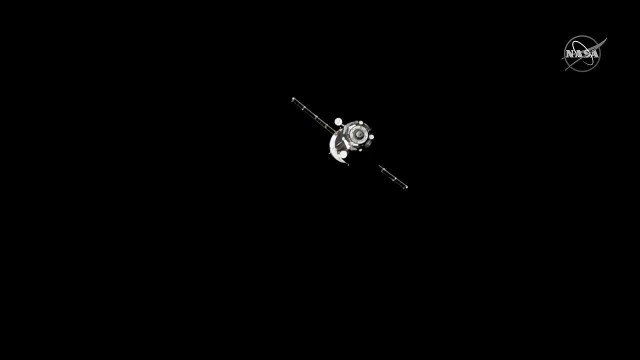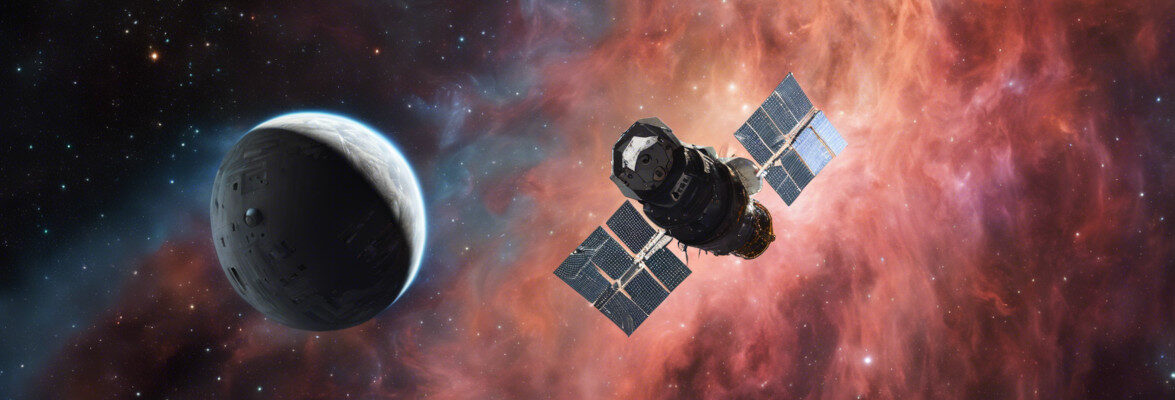
A few hours ago the Soyuz MS-14 spacecraft landed without problems in Kazakhstan. A few hours earlier it departed the International Space Station, where it arrived on August 27. The return to Earth ends a test mission that was carried out without cosmonauts aboard a spacecraft generally used for transporting human beings. In this case, the Skybot F-850 robot, nicknamed Fedor, was on board.
During the mission, the Soyuz MS-14 spacecraft and the Soyuz-2.1a rocket offered the performance, in particular from the updated systems, expected at the space agency Roscosmos. The only problem came from a defective device on the International Space Station which is part of the Russian Kurs system which caused the failure of the first docking attempt and a delay of a few days in the arrival of the Soyuz MS-14. The poor robot Fedor was blamed by someone for that failure but actually it was just a passenger during both the journey to the Station and the one back to Earth.
All the telemetric data of the Soyuz MS-14 spacecraft and the Soyuz-2.1a rocket’s mission will still be examined in depth by Roscosmos engineers to verify that everything went perfectly. The results of the examination will determine future plans, from the next launches to the development of the new version of the Russian space cargo ship.
The next launch of new crew members to the International Space Station is scheduled for September 25 on the Soyuz MS-15 spacecraft. In that case the configuration will be the one already widely tested, with a Soyuz-FG rocket. The new configuration could be adopted in the launch of the Soyuz MS-16 spacecraft, scheduled for April 2020.
The other progress, concerning space freighters, could instead give results in 2022 with the first launch of the Soyuz GVK version of that kind of spacecraft. In that case, however, the updates are more important, also because the Russians are developing their first space cargo ship capable of carrying cargoes back to Earth, so the plans could be revised. For now it will depend on satisfaction with the Soyuz MS-14’s mission.

